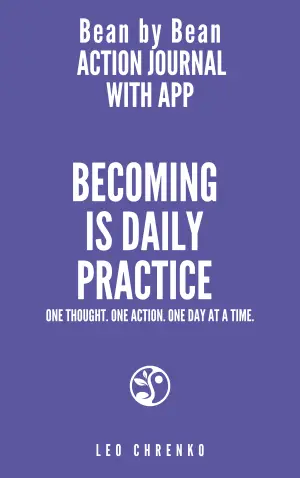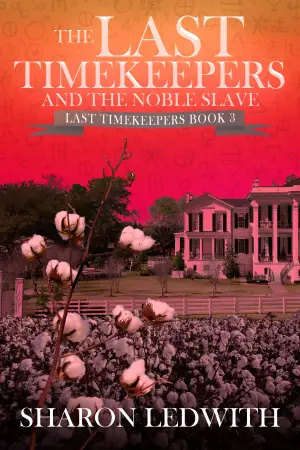Book Review: The Poppy Fields by Nikki Erilick
From the very first moment I heard about The Poppy Fields, I was intrigued. Grief is a universal experience, yet it can feel so isolating. When I learned that Nikki Erilick—whom I admired for her previous work, The Measure—had crafted a story that delves into the complexities of this emotional labyrinth, I knew I had to dive in. What emerged was not just a book but an emotional odyssey that challenged me to reflect on how we cope with loss.
At its core, The Poppy Fields poses a profound question: How do we navigate grief when everyone experiences it differently? The narrative unfolds within a treatment facility tucked away from the chaos of the world, where individuals coping with loss undergo an experimental process that promises to ease their sorrow. Most strikingly, many characters find themselves entering a lengthy slumber to bypass the raw agony of their emotions. This unique premise sets the stage for an exploration of grief that’s as thought-provoking as it is emotional.
We meet a diverse cast: Sasha, who faces the heartbreaking rejection from The Poppy Fields after losing her fiancé; Ray, a firefighter grappling with his brother’s choice to undergo treatment; and Ada, who embarks on a quest to find her sister, accompanied by her supportive dog, PJ. The inclusion of PJ lightens the weighty themes, reminding us that even in darkness, there are glimpses of joy.
Erilick’s writing feels like a gentle guide through turbulent waters. The pacing is impeccable—short, punchy chapters keep the pages turning and guard against feeling overwhelmed by the heavier themes. There’s an ease in shifting between characters and timelines, and I often found myself jotting down notes to keep track of the intertwined stories. Even when the narrative veers into complex emotional territory, Erilick masterfully balances it with clarity and compassion.
The book doesn’t shy away from criticism of the treatment center; some see it as a path to healing while others protest vehemently against it. This nuance gives depth to the characters’ journeys—grief is not a one-size-fits-all experience. One particularly memorable element is the "side effect" that affects 25% of the sleepers, adding a layer of moral complexity that resonated with me long after I finished reading.
I was fortunate to fill my reading experience with both the E-ARC and audiobook formats. The audiobook shines with its multiple narrators, each adding a unique voice to the diverse cast. However, the intricacies of the plot, especially involving different timelines and interview snippets, made it a bit of a puzzle to follow at times. I found flipping between the two formats particularly enjoyable, ensuring I didn’t miss any critical moments.
The Poppy Fields is certainly more than just a journey through grief—it’s a tapestry of interconnected human experiences, making it an excellent pick for book clubs that thrive on personal discussions. Readers adhering to the adage that “there’s no right way to grieve” will find comfort and validation in these pages.
This poignant novel is slated for release on June 17, 2025, and I can confidently say it has the potential to become one of those defining works in speculative fiction next year. If you’re willing to confront the heavier topics of life, or simply want to accompany characters on their deeply human journey, I wholeheartedly recommend picking up The Poppy Fields. It will resonate long after the last page is turned.
Discover more about The Poppy Fields on GoodReads >>






